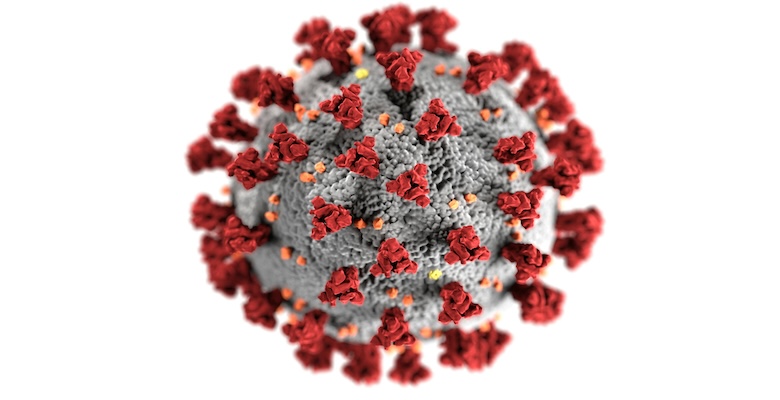Influenza (flu) is a viral illness that we as pediatricians hate diagnosing because getting the flu is miserable, and we hate seeing our patients feel so bad! Let’s cover the basics of the flu so you feel more equipped going into flu season.
Symptoms: Flu often starts with sudden-onset high fever along with body aches. You can also have headache, cough, congestion, sore throat, vomiting, and/or diarrhea. There’s a certain way that patients with the flu look – we can often just tell from looking at a kid that they look “flu-y.” These aren’t the kids that have low grade fevers and are still smiling and playful in the room; these are the kids where you can just tell in their eyes that they don’t feel well. Flu is also one of our longer lasting illnesses; it’s not uncommon for kids to be sick for a week.
Treatment: Like any viral illness, treatment is primarily about symptomatic care including:
- Acetaminophen (Tylenol) or ibuprofen (Motrin) if age appropriate for pain and/or fever
- Steamy showers, nasal saline, suctioning, and honey (ONLY for kids older than 1 year old) for cough and congestion
- Pushing fluids to ensure kids stay hydrated
- Lots of rest
We also have an antiviral medication to treat flu. Oseltamivir (Tamiflu) can slightly lessen symptoms, shorten the course of illness, and decrease the risk of complications. This medication is usually only prescribed if the symptoms started in the past 48 hours, outside of that window it’s much less effective. Additionally, it can cause side effects of upset stomach, so I counsel patients that if those side effects become significant to just stop the medication.
- Of note, please don’t just discontinue any medications such as antibiotics early for side effects without talking to us first.
Diagnosis: We can diagnose flu in the office with a nose swab that detects both flu A and B strains. We recognize that most kids are not fans of the nose swab (quite frankly I’m not either), so with shared decision making we may decide not to test for flu if it isn’t going to change our management. If your child has had symptoms for more than 48 hours, sometimes it is not worth testing because they are out of the window for Tamiflu so we will just be recommending symptomatic cares to manage the illness.
When to Worry: Flu can cause serious complications, especially in younger children and children with underlying health conditions like asthma. Here are some red flags to watch for:
- Signs of respiratory distress such as breathing really fast, your child’s muscles are sucking in and out between their ribs or in their neck, or your child cannot talk due to struggling to breathe
- Chest pain
- Signs of dehydration such as significantly decreased urine output, dry lips, or a sunken soft spot in babies
- Muscle pain so severe that your child is not able to walk
- Decreased alertness or your child is not interacting appropriately with you
Prevention: The best tool we have for prevention of flu is the flu vaccine. Our pediatricians recommend that all patients older than 6 months receive the yearly flu vaccine! Good hand washing is key. And if you have the flu – please stay away from others until you are fever free for 24 hours and symptoms are improving to prevent further spread.
In summary, flu can be quite a serious illness so if you’re worried about your child’s symptoms or that your child may have the flu then please give us a call so we can guide you on next steps!

